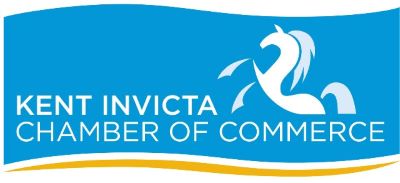The Local Government Association (LGA) has warned that local economies risk missing out on more than £1 billion in emergency COVID-19 funding if the government goes ahead with plans to close three grant schemes this month.
The government has written to councils to say it will shut three funding schemes - the Small Business Grants Fund, the Retail, Hospitality and Leisure Business Grant Fund and the Discretionary Grants Fund - on 28th August 2020. Any unclaimed funds will have to be returned to the government.
The schemes have seen councils provide billions in grants to businesses struggling with the economic shock caused by the pandemic. But the Local Government Association (LGA) has estimated that there could be an underspend of £1.37 billion if the schemes close this month.
The LGA is urging the government to keep the Discretionary Grants Fund scheme open so councils can try and ensure as many businesses benefit as possible and redistribute any unspent resources from the other two schemes back to councils to reinvest in supporting businesses and local economies.
Councils have distributed almost £11 billion to almost 880,000 eligible small businesses through the Small Business Grants Fund and the Retail, Hospitality and Leisure Business Grants Fund since March. Many set up dedicated teams and redeployed staff so they could process applications as quickly as possible.
Other businesses which fell outside the scope of these original schemes - such as bed and breakfasts, market traders and charities - have also been given cash grants by councils as part of the Discretionary Grants Fund, introduced in May.
The LGA said the government deadline to shut this discretionary scheme will not allow enough time for the remaining grant to be paid out.
Cllr Richard Watts, chair of the LGA's Resources Board, said: "It was a huge task to set up these schemes from scratch and the funding has been a lifeline to struggling businesses worried about the future. Shutting the discretionary scheme would be a mistake by the government at this time. Councils need more time and flexibility to ensure as many businesses can benefit from this funding.
"The government also needs to commit to redistributing any unspent resources from the original schemes, including any clawed back, to councils to be spent on local efforts to help further support businesses and reboot local economies."
Tej Parikh, chief economist at the Institute of Directors (IoD), said: "For many small businesses, the fight is far from over. It would be deeply disappointing if this support was withdrawn before time … With reopening and adjustment costs ahead, money will be tight for small businesses. Councils have been working to get the money to the front line and should be given the resources to kickstart local business recoveries across the country."
Written by Rachel Miller.
